Below are the ORIGINAL, CORRECT versions of the editing challenges. Compare them to to the corrections you made.
Keep in mind there’s often more than one way to correct the same mistake. Just because your version is not identical to mine does not necessarily mean it is wrong. E-mail me with any doubts or questions – the first three consultations are FREE!
All editing challenges are adapted from https://nationaltoday.com (2023) and https://www.history.com/this-day-in-history (2022).

On This Day: August 1
“A Game of Thrones” was first published on August 1, 1996. Originally intended to be a trilogy, this epic fantasy novel series currently includes five books, with two more already in the works. Millions of copies have been sold, and a very popular television series ran from 2011 to 2019. Author George R.R. Martin started off teaching journalism and working on TV series such as “The Twilight Zone”. Superiors often complained that his scripts were too ambitious, so he always dreamed of having the freedom to pen something as complicated as he wanted. Sure enough, “A Game of Thrones” encompasses a giant world filled with hundreds of characters, extensive battle scenes, and even its own language.

On This Day: August 2
Adolf Hitler, born in Austria in 1889, came from humble beginnings. Joining the army during World War I saved him from poverty as a starving artist and gave his life purpose. He grew bitter and obsessed with Germany’s defeat and joined the National Socialist German Worker’s – or, abbreviated, Nazi – Party in 1920. The group tried to stage a coup, for which Hitler spent five years in prison, but Germany’s economic collapse skyrocketed them back to popularity. He was appointed to the president’s cabinet and started “eliminating” political opponents. When President Hindenburg died on August 2, 1934, Hitler finally had enough political power to take complete control. That is how a dictator is born.

On This Day: August 3
Basketball was invented in 1891 by James Naismith, who started encouraging his students at the YMCA to throw soccer-like balls into a peach basket in order to stay fit during the long New England winters. The sport’s popularity grew very quickly, thanks largely to interest from the military. The first international match was held just two years later, and Naismith was lucky to live long enough to see his creation become an Olympic event in 1936. Back home, two rival professional leagues grew up, but, over time, the competition between them ended up driving fans away. Therefore, the two organizations decided to officially merge, and on August 3, 1949, the National Basketball Association (NBA) was born.

On This Day: August 4
Anne Frank was a teenager growing up in Germany when Adolf Hitler rose to power. Her father, a moderately successful Jew, moved his family to Amsterdam, but the Nazis soon followed. Anne received a diary for her thirteenth birthday and began chronicling the struggles her family faced. They had to move into a secret set of rooms in their house, where they hid for the next two years. Tragically, it was all for naught. On August 4, 1944, Anne and her family were discovered and arrested. Both Anne and her sister passed away in a concentration camp a few months later. At least her diary survived, however, ensuring that Anne’s amazing story did not die with her.

On This Day: August 5
Every time you earn money from a job, a small portion of your wages goes directly to the government. Did you know that one of America’s most beloved presidents is to blame for this? Money got very tight, very quickly during the Civil War – they had just lost half of their taxpayers, after all – so Abraham Lincoln had to come up with a new source of revenue to continue funding the soldiers. The Revenue Act, signed on August 5, 1861, created the first federal income tax. Once the war was over, Congress rushed to repeal this law, but the 16th Amendment of 1909 reinstated it once again, establishing the beloved system that we still use today.

On This Day: August 6
Throughout World War II, the United States and Nazi Germany had raced to unlock the atom and all its deadly potential. By the time the world’s first nuclear bomb was ready to go, however, Hitler had already been defeated. While the fighting was finished in Europe, though, things continued to go poorly for America on the Pacific front. Arguing that ending the war quickly would mean less death in the long run, President Harry Truman authorized two bombings, the first on August 6, 1945, over the Japanese city of Hiroshima. The results were more deadly than anyone could have imagined: 80,000 civilians were killed on impact, and at least 60,000 more died within a year.

On This Day: August 7
The Purple Heart is a United States military honor granted to any solider who has been wounded, killed, or taken prisoner. The modern version bears an image of George Washington, who first came up with the idea on August 7, 1782. He called it simply the “Badge for Military Merit,” and reserved it for the bravest of the brave: only three soldiers are known to have received one during the Revolutionary War. The award was then largely forgotten in the years that followed, however, until 1932, when General Douglas McArthur revived the tradition as a way to honor the bicentennial of Washington’s birthday. It is now the nation’s oldest and most widely-recognized military decoration.

On This Day: August 8
Were you aware that the scientific community has known about global warming since August 8, 1975? That was when Wallace Smith Broecker, a researcher at Columbia University, first published “Climactic Change: Are We on the Brink of a Pronounced Global Warming?” After years of studying ocean sediment cores, he had concluded that the Ice Age’s sudden, catastrophic shifts in climate were caused by changes in the ocean’s current and wind systems. Broecker believed that these were at risk of being drastically thrown off again if levels of carbon dioxide in the atmosphere continued to rise. According to his words, “The climate system is an angry beast and we are poking it with sticks.” Sometimes it’s no fun being right!
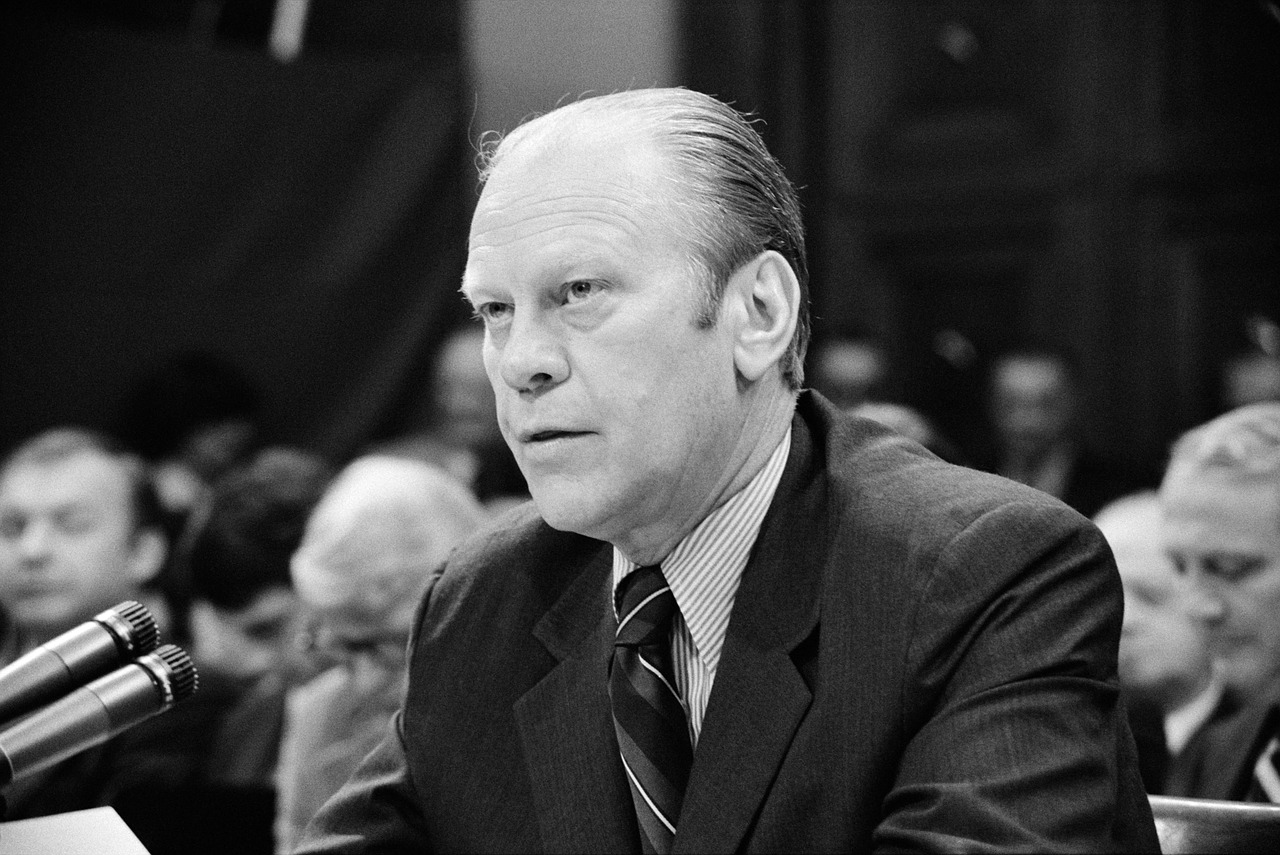
On This Day: August 9
Facing possible impeachment and definitely the end of his political career after a huge election scandal, President Richard Nixon decided to resign before he could be forced out of office. He officially ended his term at noon on August 9, 1974. Vice President Gerald Ford was sworn in to take his place minutes later. Interestingly, Ford had only come into that position a mere eight months earlier, appointed to replace Spiro Agnew, who had been charged with tax evasion and political corruption. As a result, Gerald Ford is the only U.S. president to earn that title without ever actually winning an election. He served just two years before being beaten out by Jimmy Carter in 1976.

On This Day: August 10
When James Smithson, a British scientist living in Italy, died, he left behind a surprising note in his will. Having no children of his own, Smithson wanted to donate his fortune to the United States government – a country he had never even visited – to be used for the “increase and diffusion of knowledge.” So it was that a confused, but grateful President Polk signed the Smithsonian Institution Act into law on August 10, 1846, creating a national museum, library, and research program. August 10 is also the day, in 1793, that the Louvre Palace in France re-opened as a public museum. What a great day for culture!

On This Day: August 11
Many experts argue that hip hop music was born on August 11, 1973, at a birthday party in the Bronx. Clive Campbell, better known as “DJ Kool Herc,” had been developing a new style of music by studying how people reacted to different parts of the songs he played. By switching back and forth between two different songs, he could extend the drum breaks, which dancers seemed to enjoy the most. His sister’s birthday party that summer provided DJ Kool Herc the largest crowd and best sound system he’d ever had access to before. The popularity of his performance there got people talking, and ultimately launched a grassroots musical revolution.

On This Day: August 12
Born in 69 B.C., Cleopatra ruled Egypt alongside her brother/husband, Ptolemy. Not content to share power, however, Cleopatra declared herself a goddess, started a civil war, and tried to gain even more influence by involving herself in Roman politics. First, she won the heart of Julius Caesar. After his death, she moved on to his second-in-command, Mark Antony, who was fighting his own war against Caesar’s adopted son, Octavian, to become the first emperor. Unfortunately, she picked the losing side. On August 12, 30 B.C., the Egyptian queen took her own life, supposedly by allowing a poisonous snake to bite her. She would be the last pharaoh ever, ending a legacy over 3,000 years old.
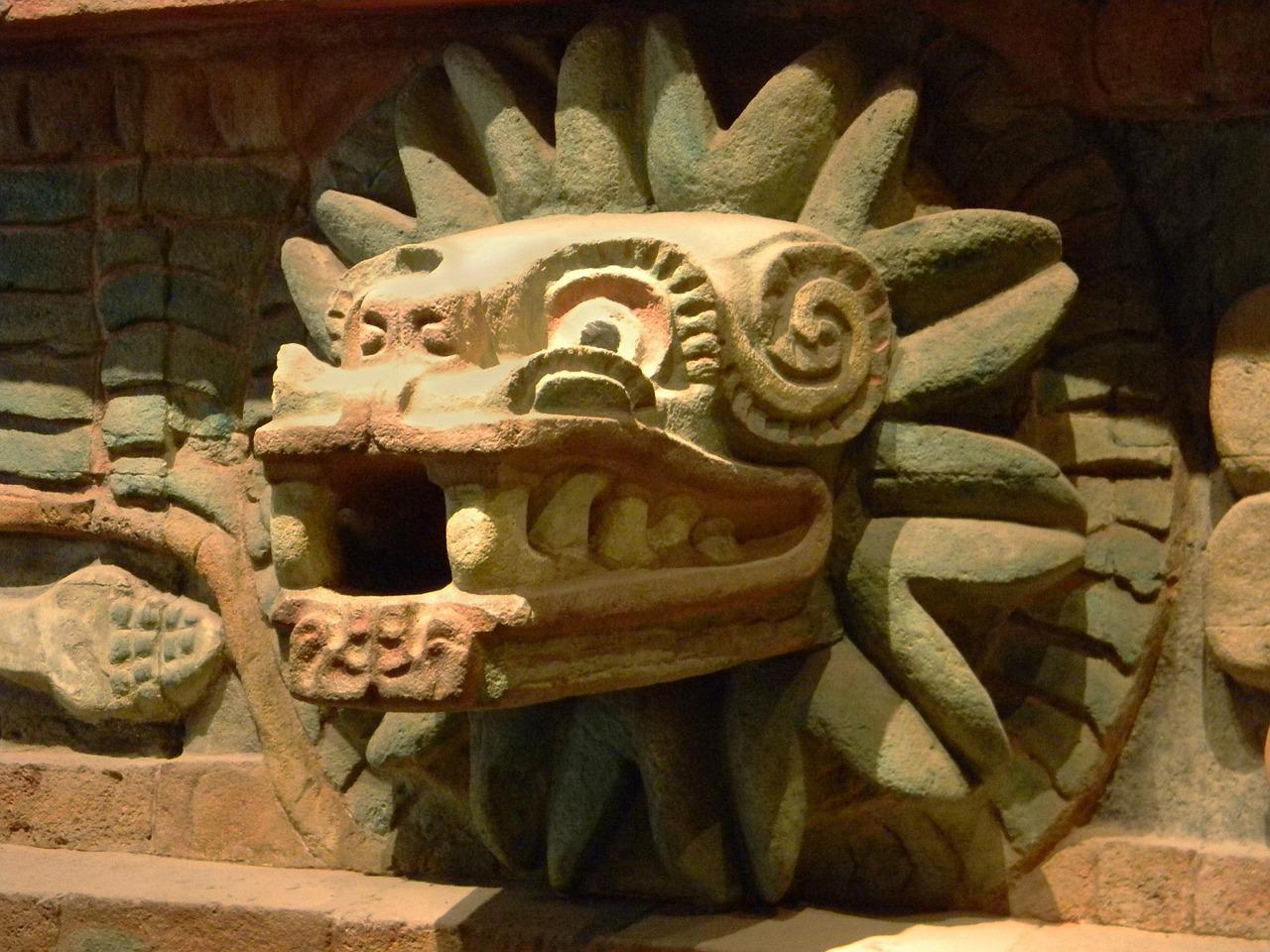
On This Day: August 13
The Aztec Empire began humbly in 1325, when a group of nomadic hunters and gatherers decided to build a town in the middle of a lake. Their society grew and developed quickly, becoming notorious for its bloodthirsty warriors and human sacrifices. In fact, the Aztecs were so unpopular that when Spanish conquistador Hernán Cortés arrived, the neighboring tribes were only too happy to help him. Suspected of being a god, Cortés was welcomed into the capital city of Tenochtitlan with great honors, but he proceeded to kidnap Emperor Montezuma anyway. A revolt ensued, followed by a 3-month siege, and on August 13, 1521, the city fell, along with one of the great Native American civilizations.

On This Day: August 14
The Social Security Act was signed into law by President Franklin Roosevelt on August 14, 1935. It established a new federal fund whereby current workers in the United States help ensure financial stability for the country’s eldest citizens by contributing a small percentage of their salary every month. Then, in turn, these workers will be able to depend on the assistance of the next generation once they reach a certain age, and so on. It was an idea born out of necessity in the depths of the Great Depression, when unemployment was sky-high. Social security helped create jobs for young people by encouraging aging workers to give up theirs and retire.

On This Day: August 15
Ever since Ferdinand Magellan first rounded the southernmost tip of Argentina in 1520, that had been the only known way to cross from one side of the American continents to the other by ship. Even four hundred years later, the trip from New York to California took approximately 16,000 miles and 7 months of dangerous sailing! It wasn’t until 1903 that the United States began working on a solution, building a canal straight through the newly-independent country of Panama. This would be one of the largest construction projects of all time. Eleven years, $400 million, and 240 million cubic yards of earth later, the 40-mile-long passage finally opened to the public on August 15, 1914.

On This Day: August 16
The United States bought Alaska from Russia for $7.2 million in 1867. Despite the fact that this comes out to about only two cents per acre, it was still largely criticized as “Seward’s Folly” – that is, until gold was discovered there on August 16, 1896. A huge stake was claimed near the Klondike River, worth over $1 million, and soon as many as 50,000 prospectors moved north with “Klondike Fever”. One unlucky gold-seeker was Jack London, who would become famous writing short stories inspired by his experiences. By the time the gold rush was finally over, seventy years later, over $250 million worth of gold had been found.

On This Day: August 17
French brothers Joseph and Etienne Montgolfier made human flight possible for the very first time when they invented the hot-air balloon in the early 1780s. These ruled the skies for nearly a hundred years before being replaced by self-propelled dirigibles and later, of course, airplanes. Is it not surprising, then, that it took until August 17, 1978, for a hot-air balloon to cross the Atlantic Ocean? The Double Eagle II, manned by a team of three pilots, flew from Presque Isle, Maine, to the outskirts of Paris in six days to set that record. They traveled 3,233 miles. In 2002, American Steve Fossett became the first man to balloon around the entire world all by himself.

On This Day: August 18
Genghis Khan, born Temujin around 1162, rose from nothing to build the largest land empire that has ever existed. It stretched from China to Poland, and survived well into the 14th century. Genghis Khan, or “Universal Ruler,” was brutal and pitiless, slaughtering entire cities at the slightest hint of resistance, but he also brought peace and culture to millions of others. Did you know that one in every two hundred people alive is related to him? He died on August 18, 1227, although how was never recorded. Even more mysterious is where he was buried. Everyone involved in the funeral party was killed afterwards to ensure secrecy, so his final resting place remains unknown today.

On This Day: August 19
The Indianapolis 500 is the best-attended event in U.S. sports every year, attracting 400,000 spectators on average. It is also the oldest motorsport competition in the country, held every year since 1911, except during World Wars I and II. The very first race, however, was on August 19, 1909, won by Austrian Louis Schwitzer, who sped around the track at a blistering 57 miles per hour. In all fairness, though, the track was not yet paved. Two other drivers died, along with two mechanics and two spectators. Low attendance after that disaster led the owners to resurface the track and focus on just one, longer event every year: 500 miles and one giant jackpot for the winner.
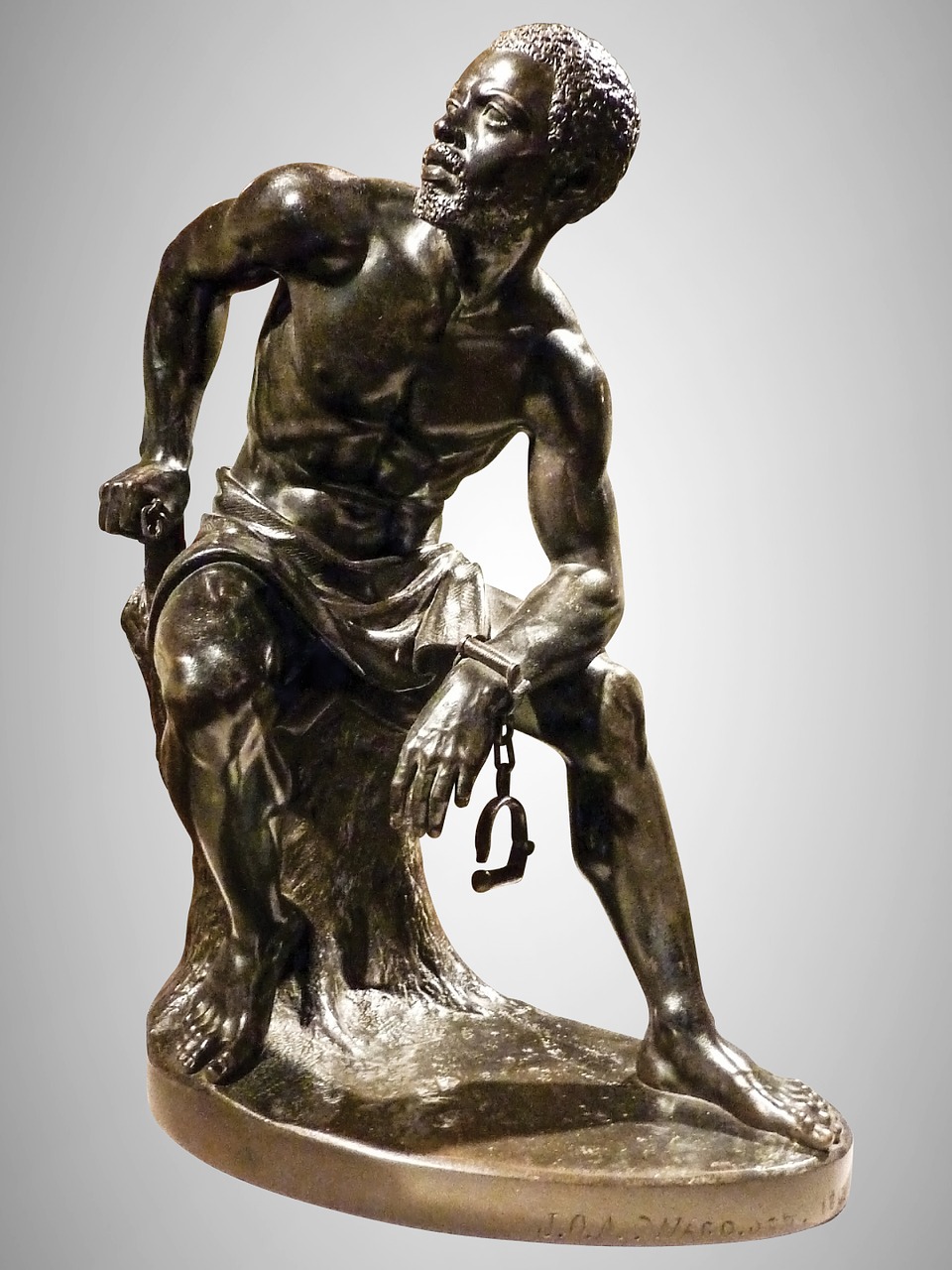
On This Day: August 20
Juan Garrido is recognized as the first black man to step foot on North American soil. He was a free man who had accompanied first Hernán Cortés to Tenochtitlan, and then Ponce de León to Florida in search of the Fountain of Youth. The Africans who arrived Point Comfort, Virginia, on August 20, 1619, however, were not there by choice. These two dozen Angolan natives were to be the first slaves in the English colonies. They had originally been captured by Portuguese soldiers, and then kidnapped from their kidnappers out at sea and diverted to North America. Nearly 400,000 more Africans would follow until the end of the slave trade in 1807.

On This Day: August 21
August 21, 1959 was the day that Hawaii became our 50th – and final – state. The updated flag became official the following Independence Day. Polynesian explorers started arriving on the Hawaiian islands around the eighth century. Americans showed up a thousand years later, and were very quick to start exploiting these rich lands for their natural resources, as well as strategic location. In 1893, a group of expat sugar planters overthrew reigning Queen Liliuokalani by force and established the territory as a U.S. protectorate. After the Japanese bombing of Pear Harbor at the start of World War II, Hawaii grew more closely linked to American national identity. In 2009, it even gave us our 44th president, Barack Obama.

On This Day: August 22
After the defeat of Napoleon, Europe enjoyed an unusual period of widespread peace. Familiar dark clouds were beginning to gather, however, so in 1864, Swiss humanitarian Henri Dunant urged leaders from 12 European nations to meet at the first Geneva Convention to consider an international agreement to care for the sick and wounded of any country during war and respect the neutrality of all medical staff. The symbol of a red cross on a white background (the Swiss flag in reverse) was adopted to mark out these doctors and nurses, and on August 22, the International Red Cross was founded. For his work, Dunant was later honored with the first Nobel Peace Prize in 1901.

On This Day: August 23
Nicola Sacco, a shoemaker, and Bartolomeo Vanzetti, a fishmonger, were both Italian immigrants and both well-known anarchists. Many were surprised, however, when the two were arrested in April 1920 for the murder of a shoe company paymaster and his guard, and theft of the $15,000 they were transporting. There were protests all over the country, insisting that the police had no substantial evidence, and that Sacco and Vanzetti were just being discriminated against for being radicals and foreigners. Despite all this, the men were executed on August 23, 1927. In 1961, a forensics test on Sacco’s gun did prove that it had been used to shoot the guard, but Vanzetti is still believed to have been innocent.

On This Day: August 24
At noon on August 24, 79 A.D., Mount Vesuvius erupted, which was very bad news for the nearby Roman cities of Pompeii and Herculaneum. Many ran at the first sign of danger, dodging flying rocks up to 3 inches wide. About 2,000 others decided to take shelter indoors and wait out the disaster. Those whose roofs did not collapse under the weight of 17 feet of ash all died when a cloud of toxic gas flooded the city. Herculaneum was buried under 60 feet of mud, and would remain so for seventeen centuries. Today, Vesuvius remains the last active volcano in mainland Europe. Its last major eruption was in 1631, but a new one is predicted soon.

On This Day: August 25
“There’s no place like home!” Do you agree with Dorothy’s famous line from the beloved movie “The Wizard of Oz,” which originally opened in theaters on August 25, 1939? Based on the 1900 novel by Frank Baum (the studio even claimed they used Baum’s real coat), the film tells the story of a young farm girl who survives a tornado, only to wake up in the magical, multi-colored world of Oz. To get back to Kansas, she must kill a wicked witch before the witch kills her. Along her journey, Dorothy is joined by a scarecrow who thinks he needs a brain, a tin man who would love a heart, and a cowardly lion dying for some courage.
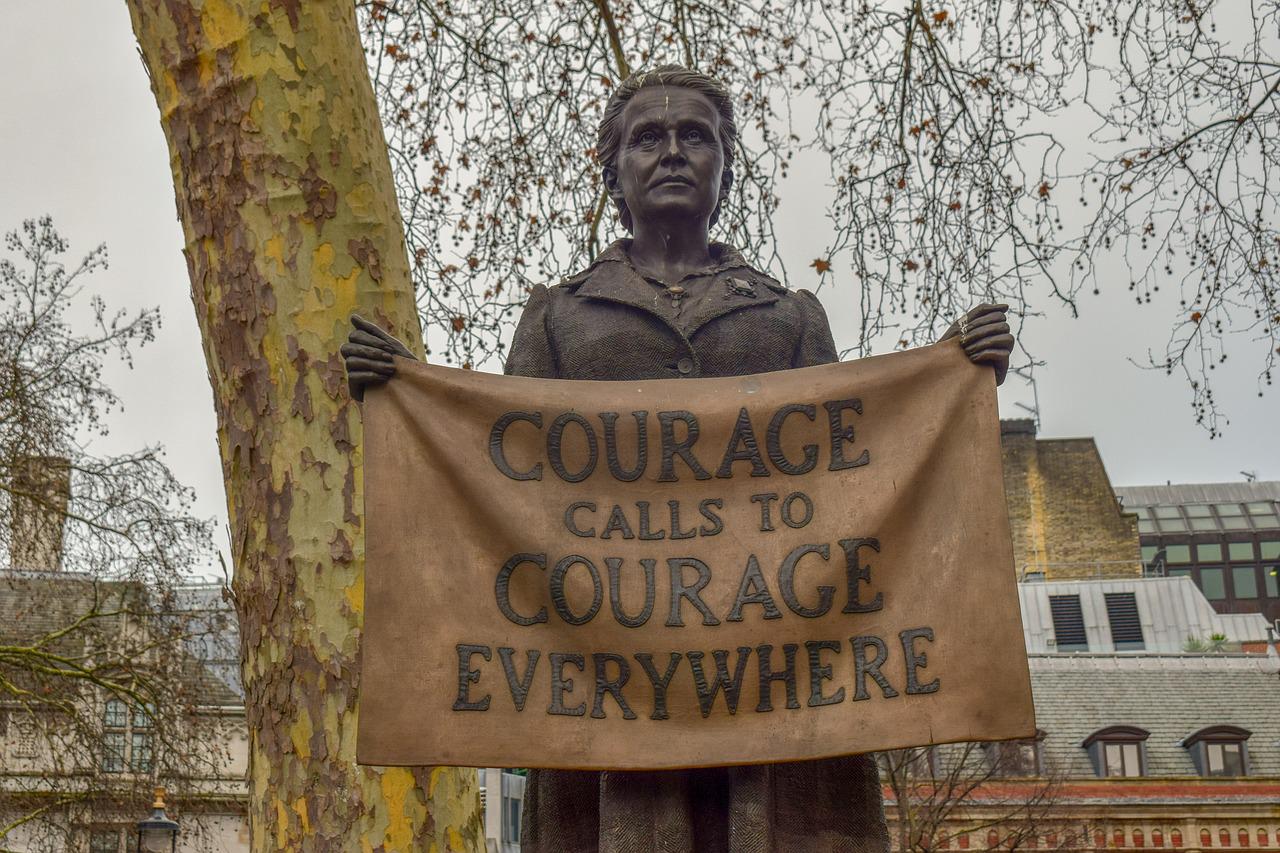
On This Day: August 26
The first suffrage convention in the United States was held in 1848, but it wasn’t until August 26, 1920, that the 19th Amendment finally passed, securing women’s right to vote. The movement grew naturally out of the fights against slavery (abolition) and alcoholism (temperance), where American women developed a taste for political activism. It became even harder to hold them back after they joined the workplace en masse during World War I. Wyoming was the first territory to grant full voting rights, way back in 1869, but more established states took much longer to come around. Tennessee ratified the amendment by just one vote, allegedly after a 24-year-old representative received an angry letter from his mother.

On This Day: August 27
In honor of the “Guinness Book of Records” debuting on this day, do you know what the loudest sound ever was? It was the volcanic eruption of Krakatoa in Indonesia on August 27, 1883, estimated to have produced 310 decibels. The explosion could be heard 3,000 miles away! It threw earth 50 miles into the atmosphere, destroying two thirds of the island and decreasing temperatures worldwide. Even worse, it created giant waves, some 120 feet tall, that were responsible for killing about 31,000 people. An additional 4,500 died from a boiling cloud of ash and gas that spread 40 miles from the epicenter. Krakatoa is still active today, just one of 130 such volcanos in Indonesia.
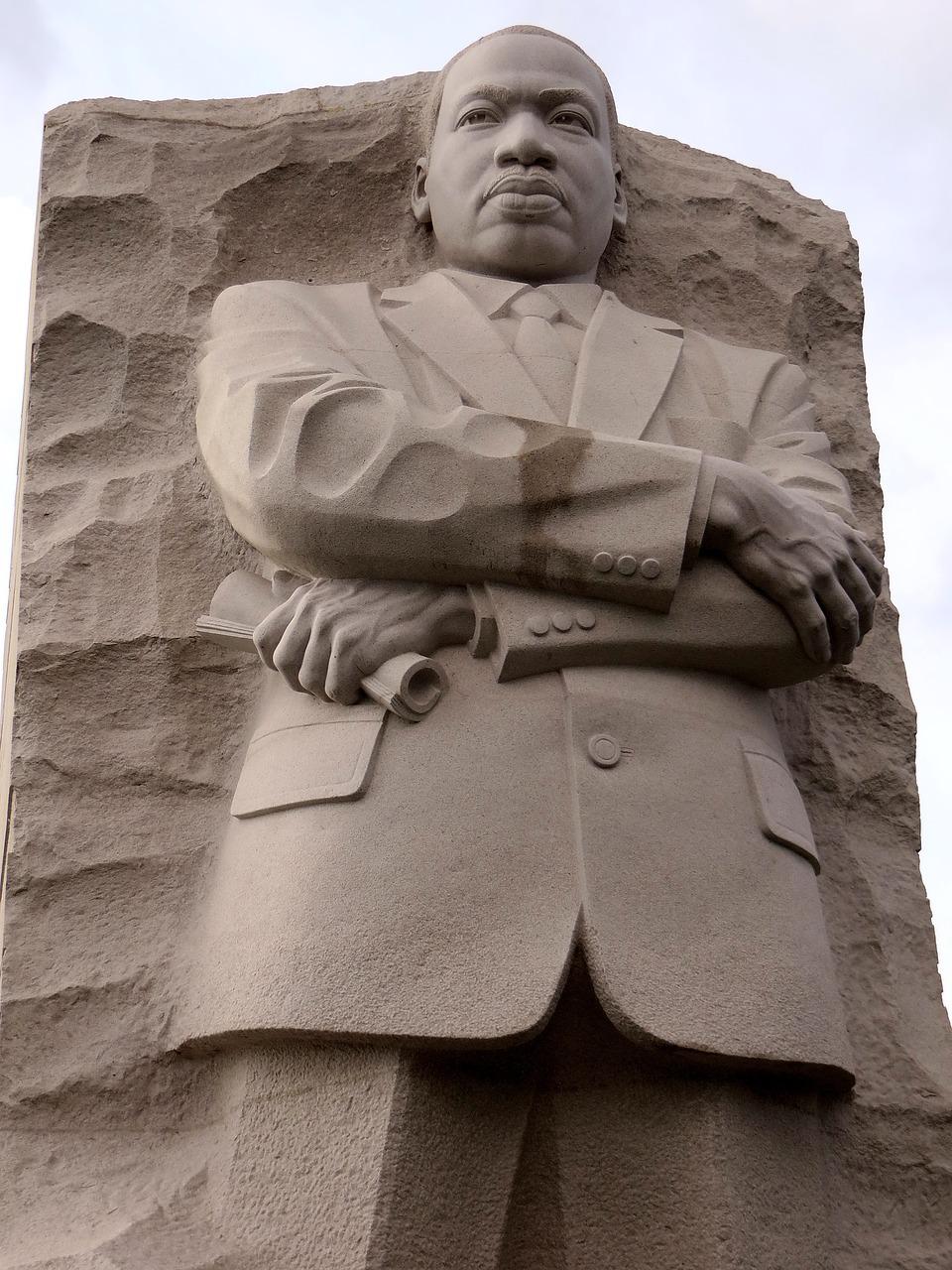
On This Day: August 28
On August 28, 1955, Emmett Till, a 14-year-old African-American boy was brutally murdered for supposedly “flirting” with a white woman. It was horrendous acts of discrimination like this that led 250,000 people – both black and white – to meet at the foot of the Lincoln Memorial in Washington D.C. that same day, eight years later, to protest their lack of basic civil rights. Dr. Martin Luther King Jr. got up to speak. “I have a dream that one day this nation will rise up and live out the true meaning of its creed: ‘We hold these truths to be self-evident, that all men are created equal.’” King would also be murdered for that dream, but not before the Civil Rights Act was passed in 1964.
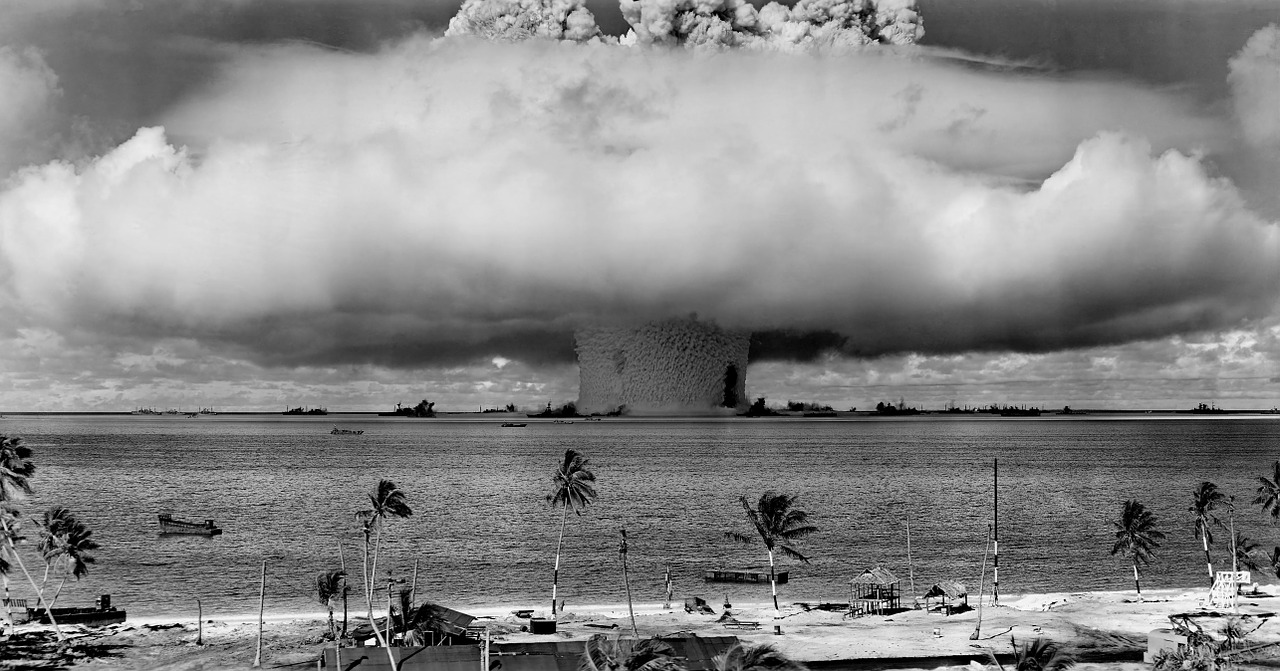
On This Day: August 29
It is generally agreed that the Cold War between the United States and Soviet Union began in 1947, when President Harry Truman vowed to stop the spread of communism, wherever it appeared. Things got a lot more serious, however, after the USSR successfully detonated its first nuclear weapon on August 29, 1949. The 20-kiloton bomb was nicknamed “First Lightning”. How did the U.S. respond? Truman ordered the development of hydrogen bombs, hundreds of times more potent than those dropped on Japan. The first was tested in 1952 and completely vaporized an entire island. Faced with power like this, the whole world quaked in fear, knowing that one wrong move could lead to disaster for all.

On This Day: August 30
In our modern world, rife with guns and weapons of mass destruction, sometimes it’s nice to look back at simpler times, like when, on August 30, 1139, Catholics outlawed crossbows in the belief that this would end war. Newly elected, fresh from a major church schism, Pope Innocent II declared, “We prohibit under anathema that murderous art of crossbowmen and archers, which is hateful to God, to be employed against Christians and Catholics from now on.” In other words, he could shoot all the heretic he wanted, but the non-believers weren’t allowed to shoot back. How convenient! Surprisingly, the Church was actually able to enforce this decree for thirteen years. Unfortunately, though, war did not end forever.

On This Day: August 31
Most people know Thomas Edison as the man who invented the lightbulb, but he actually acquired more than one thousand patents in his lifetime. For all that he claimed “genius is 1 percent inspiration and 99 percent perspiration,” his brilliance had more to do with hiring a bunch of smart people than creating things himself, but it was a very effective system. One important project was the “Kinetoscope,” the first movie camera to use celluloid film, patented on August 31, 1897. Edison even designed an entire movie studio that could be rotated to maximize sunlight. The one big drawback, however, was that the films could only be watched through a small hole, one person at a time.